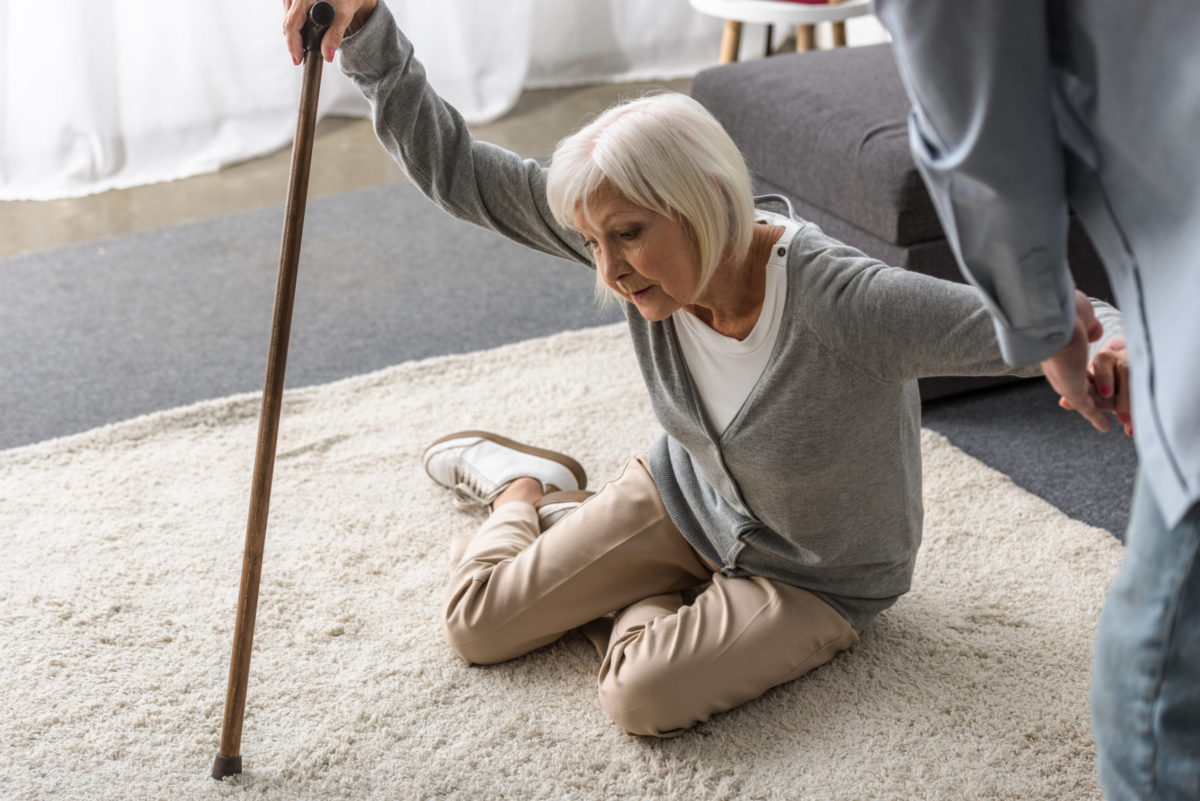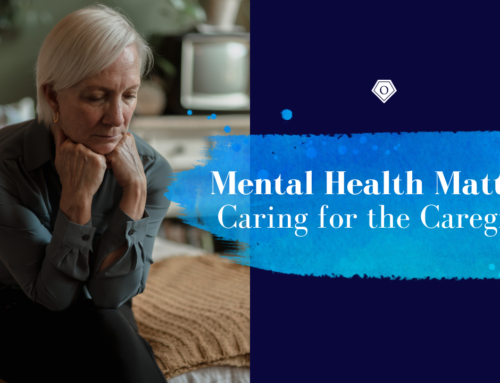Has your older loved one had multiple hospital visits due to falls? Does your loved one have bumps and bruises but won’t tell you why?
The CDC says millions of older people—those 65 and older—fall each year. More than one out of four older people fall each year, but less than half tell their doctor. Falling once doubles your chances of falling again.
Senior falls are often caused by:
- Lower body weakness
- Vitamin D deficiency (that is, not enough vitamin D in your system)
- Difficulties with walking and balance
- Use of medicines, such as tranquilizers, sedatives, or antidepressants. Even some over-the-counter medicines can affect balance and how steady you are on your feet.
- Vision problems
- Foot pain or poor footwear
- Home hazards or dangers such as
- broken or uneven steps, and
- throw rugs or clutter that can be tripped over
Falls can make seniors nervous about getting up to perform ordinary tasks. This fear can be a catalyst for other issues such as urinary tract infections from not getting up to use the restroom, poor hygiene from not showering, and even dehydration.
Simple changes can reduce your loved one’s risk of falls and ease both of your fears.
Simple ways to reduce falls for seniors:
- Reduce clutter on the floor.
- Repair or remove loose carpets or rugs.
- Install grab bars and handrails.
- Avoid wearing loose clothing.
- Ensure lighting is bright! Choose daylight bulbs.
- Wear shoes with grip soles.
- Use nonslip mats in bathtubs and showers.
- Review medication side effects.
- Stay physically fit.
- Stay hydrated and eat healthily.
You can download our complete Home Safety Checklist here.
Please take special note of medication side effects. If you or an elderly loved one has experienced multiple falls, it might be due to prescription side effects. Ensure the doctor has a complete prescription list to offer potential alternatives or solutions.
Falls reduce the quality of life and can create more significant issues. It is important to regularly evaluate a senior loved one’s home for fall risks. Fall injuries can create fear, anxiety, and a lack of confidence. Home safety is the first step in ensuring older adults can thrive from home.
Many seniors are nervous to tell their adult children about falls for fear they might be moved into a nursing home or assisted living. There is a third option, home health care! Home care allows seniors to remain in their home while receiving nurse-supervised medical and practical assistance.






